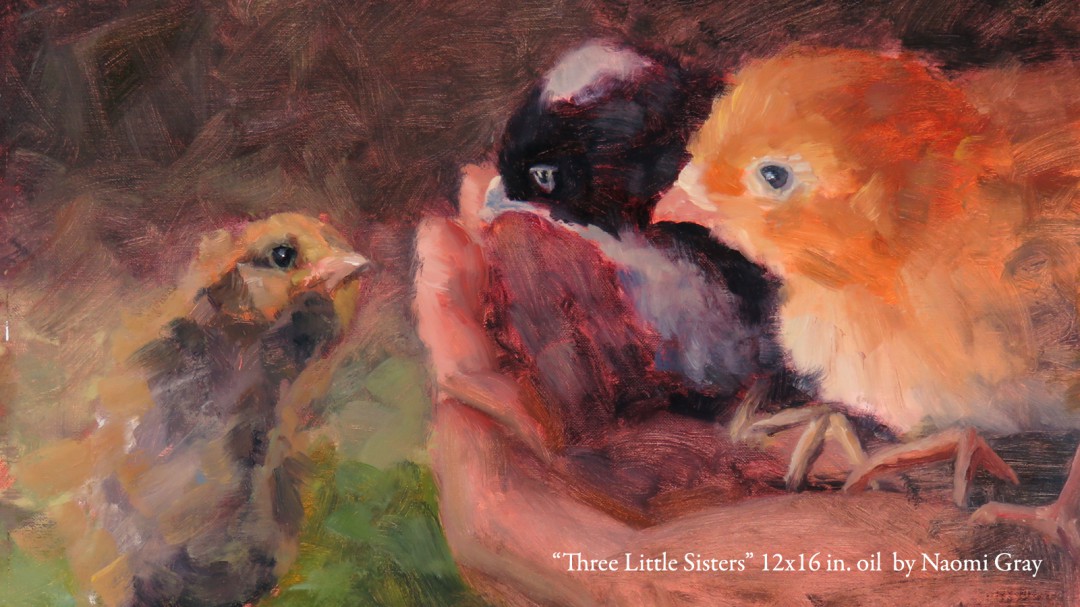
Q: How many chickens do you have?
A: One Welsummer rooster, five adult hens, and five pullets.
Q: Do you eat your chickens?
A: No. We hardly eat any chicken meat. We don’t eat ours at all. We do eat eggs from them.
Q: Are they easy to take care of?
A: (Naomi) Sometimes yes, and other times no. They can get sick and injured like any other pets, and they need medical attention from time to time. They are also clean conscious, and they dust bathe frequently. So we only need to clean their bottom every once a while because their long feathers and down can accumulate pasty poop over time. But considering how high maintenance many dogs are in terms of washing, chickens are so easy.
(Peter) We have mostly automated feed, water, and anti-predator door systems, so we don’t need to do a lot of daily or tightly scheduled care. Chicken feed, as the old metaphor suggests, is fairly cheap and easy to store. At that, in the warm seasons, feed consumption is much lower because the birds scratch and hunt and graze for most of their requirements. Free ranging in the yard, they’re resourceful and independent as long as they have the basic necessities, and they need little micromanagement.
Our chickens love human company, and they are very social. They often come and ask to jump up on our laps or be picked up and held. They’ve never been needy or clingy, and they’re fine for days if necessary without human contact, but they’re as friendly as ever when we return.
Q: Do the chickens get mites?
A: Yes, if they don’t get to take dust bath, especially during rainy time of the year. We live in the Central Washington with fairly dry climate, our chickens can take dust bath pretty much most of the year. During the mid-winter, it’s normally freezing, and it kills mites. When the chickens are unable to take dust bath, I (Naomi) powder their rear ends with Diatomaceous Earth (DE), and the perches where they roost at night. Powdered sulfur mixed into some of their dustbath spots is very effective against mites (Peter).





Latest Comments